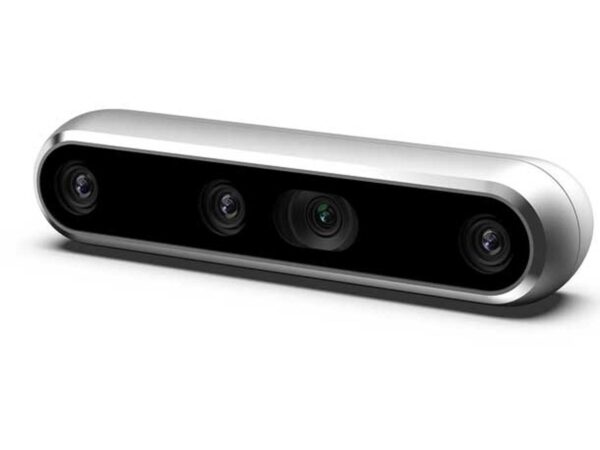
Once upon a time, Intel was so great and so successful that it could afford to venture into areas and companies that were only remotely related to your central silicone business. That included, for a time, wearables, as well as computer vision hardware, such as cameras and lidars. Intel is still large, but its domain is continuously challenged on almost all fronts. Refocus on its strengths, Intel has also chosen to re-refocus its resources away from failure companies, such as Her Division of Years of Realsense, which produced products and demonstrations rather interesting around the vision of the computer.
The vision of the computer has become a central part of today’s computing experience that we do not even realize that it is there. From ar stickers to the decision of the application scene of the camera to the recognition of the face, the vision of the computer works in silence in the background, while the AI and the learning of the machine take most of the center of attention. He is still there, of course, and there is still a benefit that can be made around him, just not for Intel.
The Intel Realsense business was not only about processors and software. The company also sold real products, such as cameras, sensors and modules to allow experiences around the vision of the computer, such as facial recognition or increased reality applications. The remarkable examples include the Smartphone tango of a project and an independent VR headset of project alloy.
While Intel had clients for these products, it seems that those who have decreased in recent years and, therefore, have the benefits. It is not a surprise for those involved with Realsense that the company has finally decided to rain, especially after its main executive, Sagi Ben Moshe, announced the departure of him. It was just a matter of time, and that time has finally arrived.
Intel promises to continue honoring the current commitments of customers, of course, and its technology vision technology and knowledge will eventually find their way to their main chip business. The technical giant has been making efforts to claim its territory in PC and servers companies, and spilling some excess baggage is a welcome movement for some market observers and observers.





